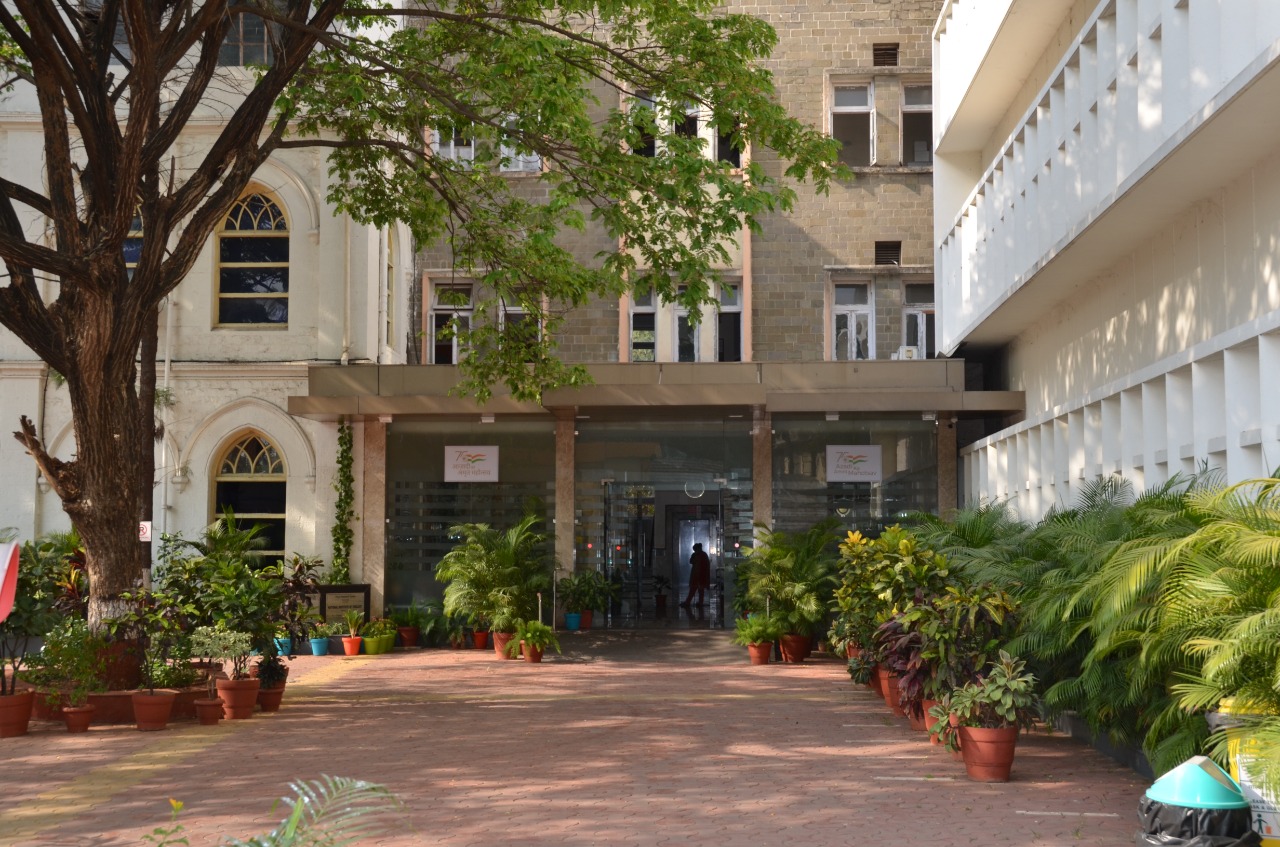
ICMR- National Institute of Virology (NIV), is one of the major Institutes of the Indian Council of Medical Research (ICMR). It was established at Pune, Maharashtra State in 1952 as Virus Research Centre (VRC) under the auspices of the ICMR and the Rockefeller Foundation (RF), USA. It was an outcome of the global programme of the RF for investigating the Arthropod Borne viruses. Since the studies on arboviruses and their arthropod vectors involve most of the basic principles and techniques of general virology, entomology and zoology, these viruses were also considered to be an ideal group to begin with for intensive training and research in virology in our country. The RF withdrew its support in 1967 and since then the Institute is entirely funded by the ICMR. By the 70s the Institute had developed deep scientific roots, nurtured through the sustained efforts of many dedicated workers. With the expertise in virological training and research and emphasis on self-reliance, the centre was well prepared to undertake full responsibility as a National Institute. On the recommendation of the SAC, the VRC acquired its status of national importance and was renamed as National Institute of Virology (NIV) in 1978.
Subsequently studies on acquired immuno deficiency Syndrome (AIDS), rotavirus gastroenteritis, acute haemorrhagic conjunctivitis, Rabies, Herpes simplex, Buffalo pox, Measles, hepatitis and Poliomyelitis were also initiated. A Microbial Containment Complex (MCC) having P-3 and P-4 biosafety levels for handling microorganisms of highly infectious nature have been established at Pashan, 11 km off the main laboratory at Pune. This laboratory provides National Containment facility for safe handling of highly hazardous pathogens. The research activities of the center were made more meaningful and viral disease based groups/divisions were created to study all aspects of that particular viral disease. High end facilities and infrastructure for Electron microscopy, immunology and computational biology studies. High throughput deep sequencing platforms have been developed to understand the molecular epidemiology of viruses circulating in the country. The institute has contributed in early detection of high consequence pathogens such as Crimean Congo hemorrhagic fever virus, Nipah virus and Zika virus in the country and containment of the outbreaks. The institute takes pride in its contribution towards development of viral vaccines against Kyasanur Forest Disease virus, Japanese Encephalitis and SARS-CoV-2 viruses and transfer of technology for public use. The institute serves as the resource centre for virus research and diagnostic laboratories (VRDL) network of department of Health research, Government of India. The research activities of the Institute are coordinated by a Scientific Advisory Committee (SAC) consisting of eminent scientists.